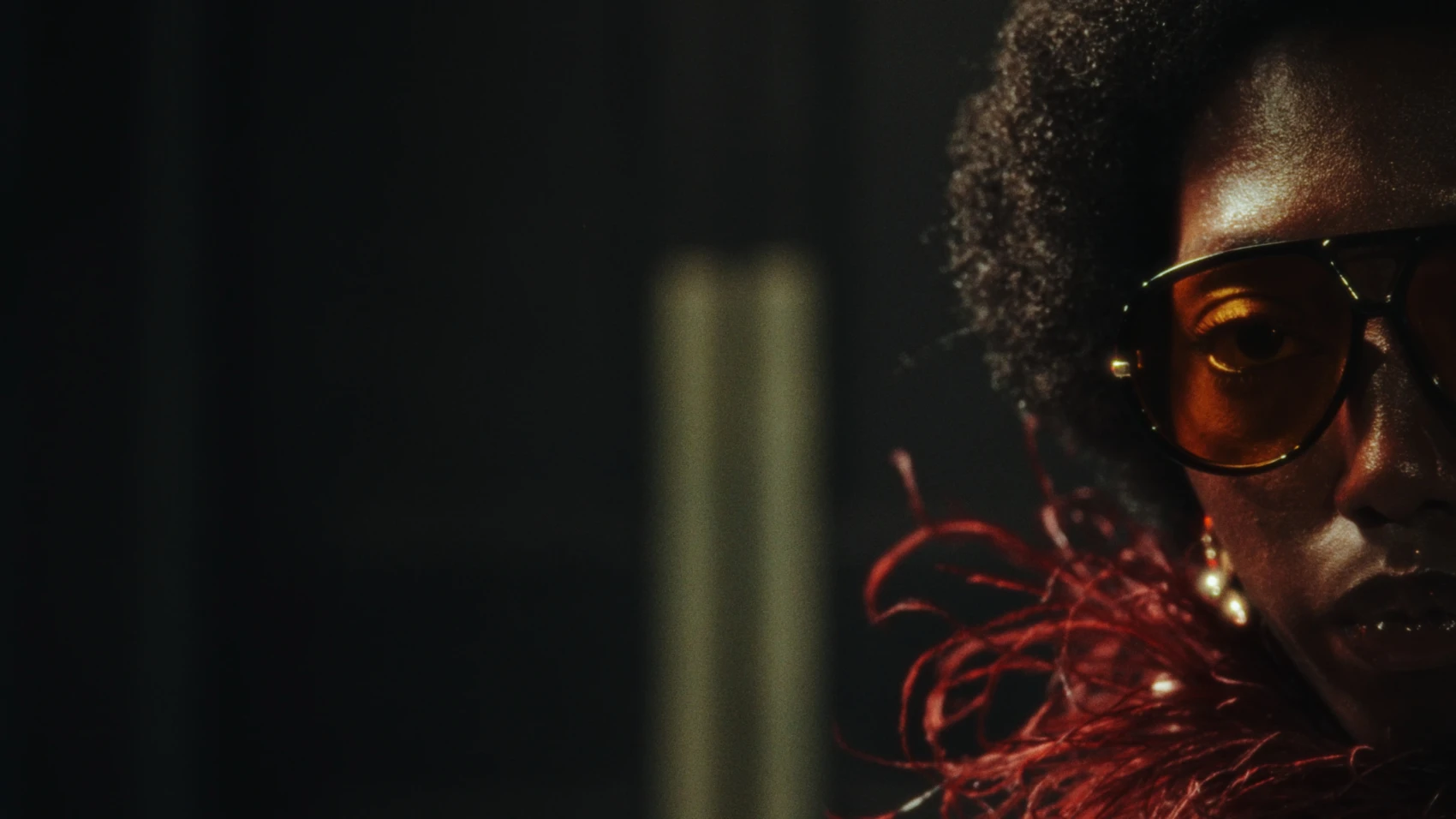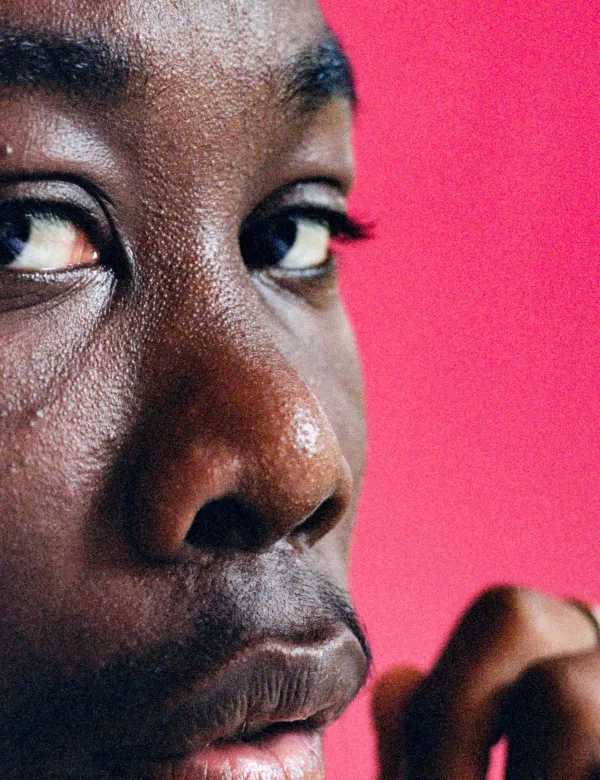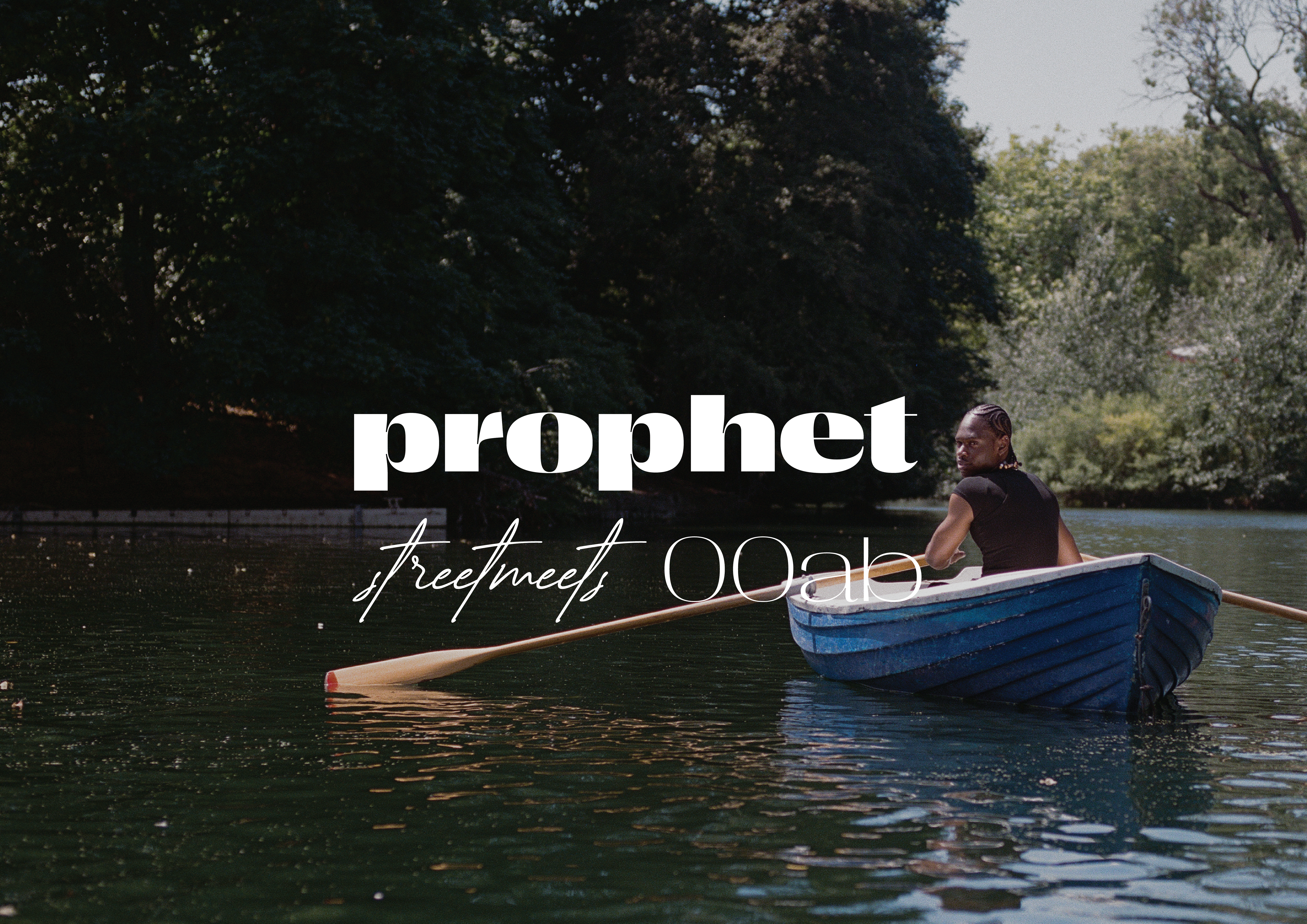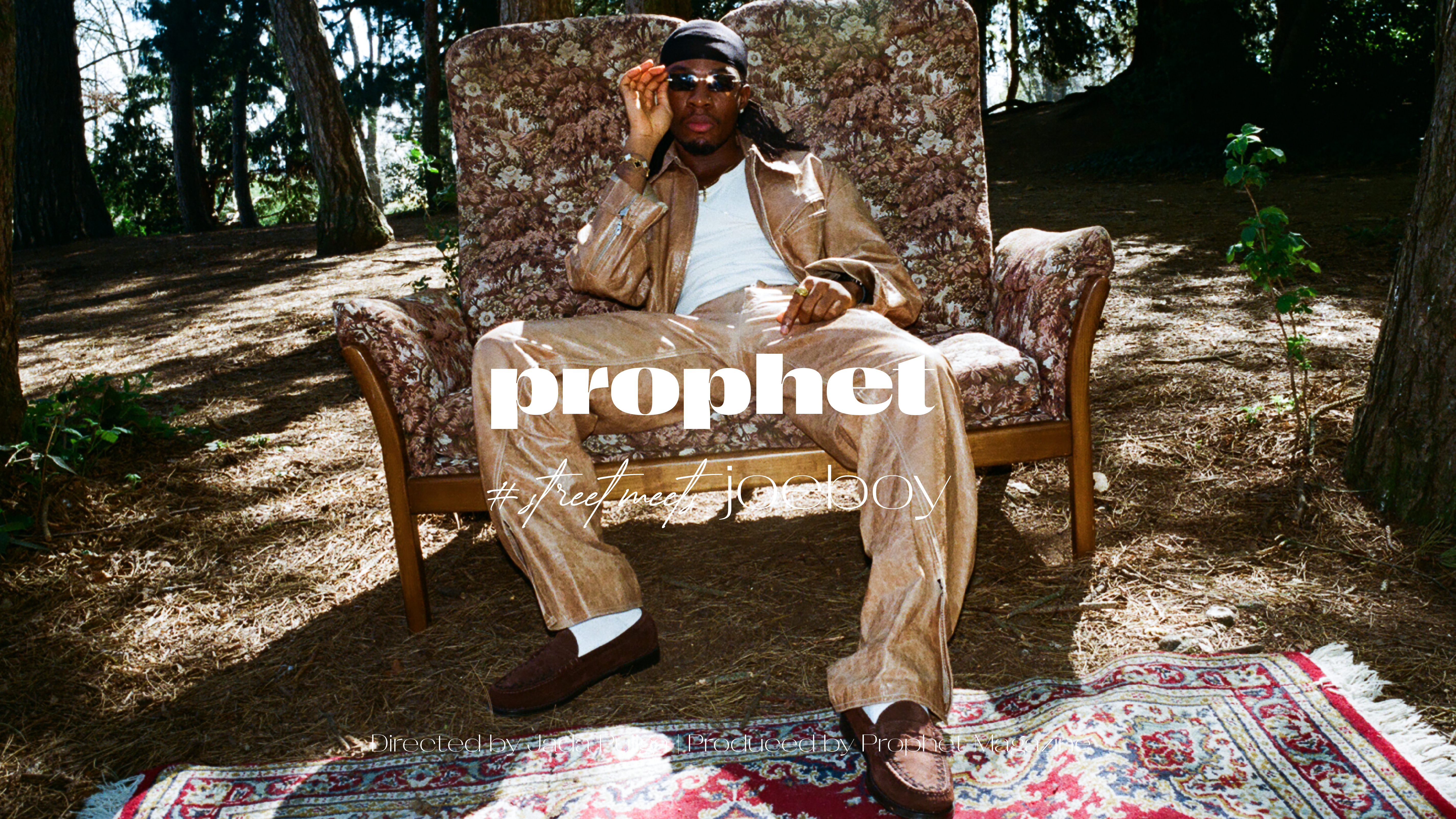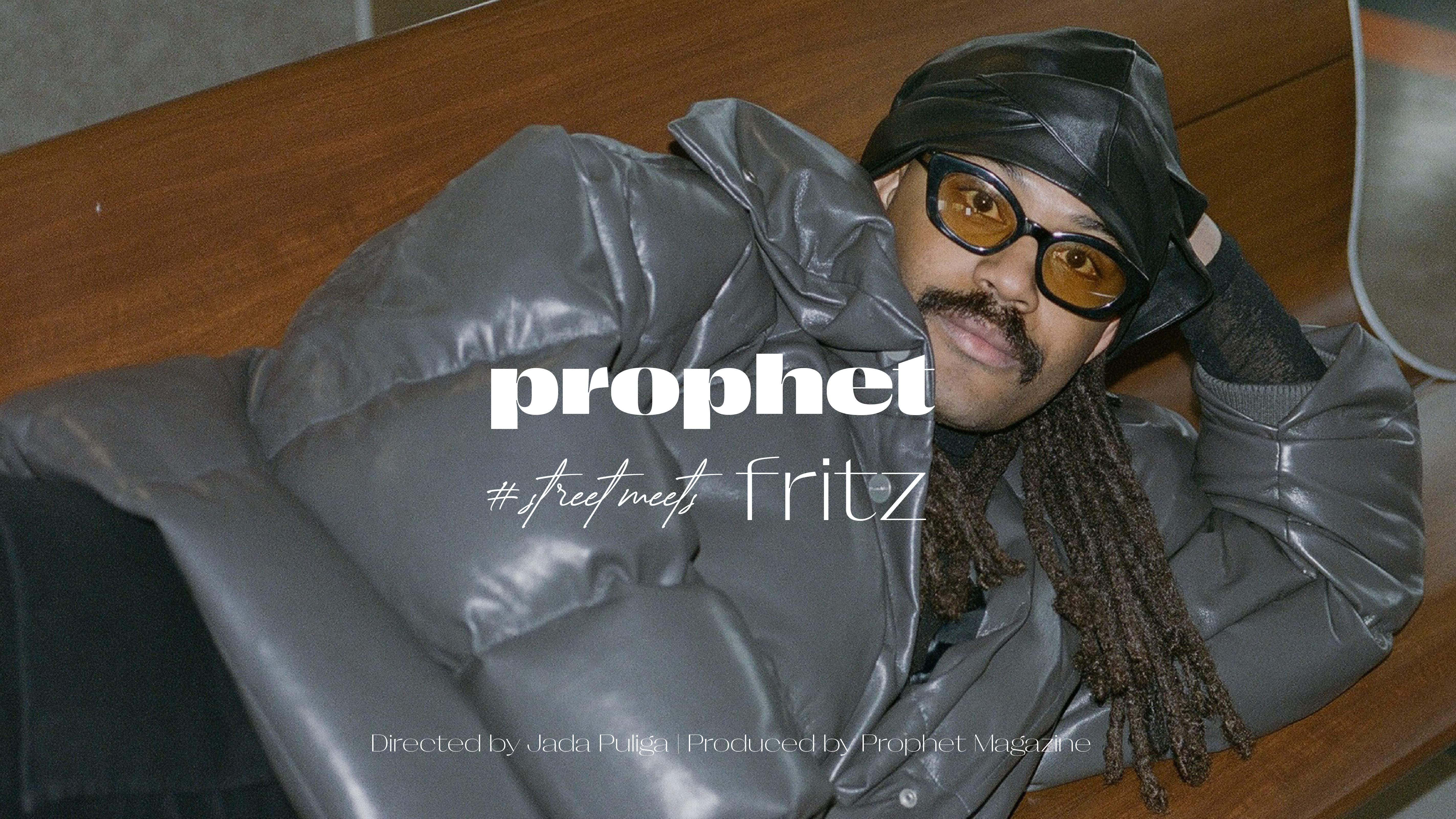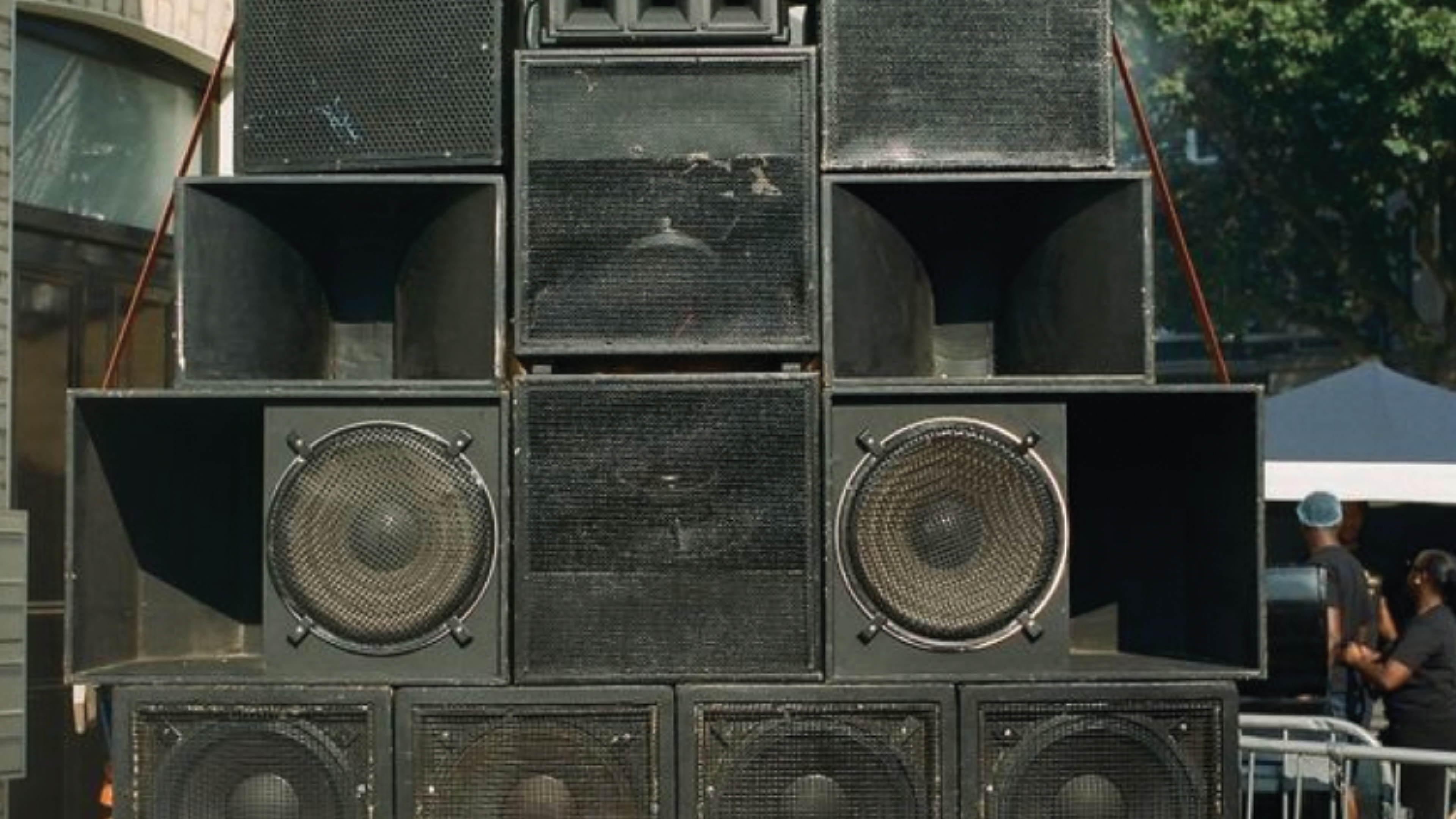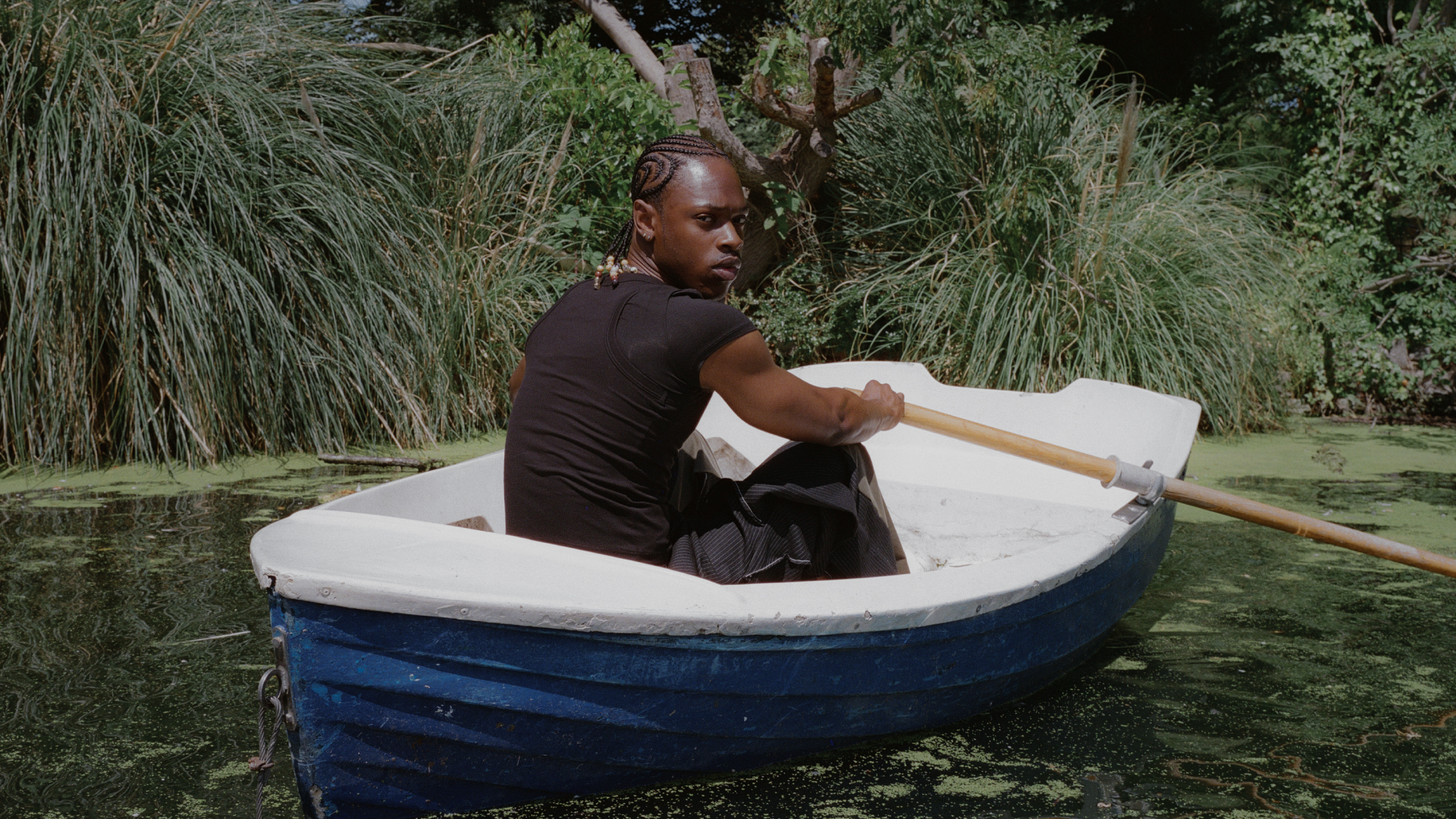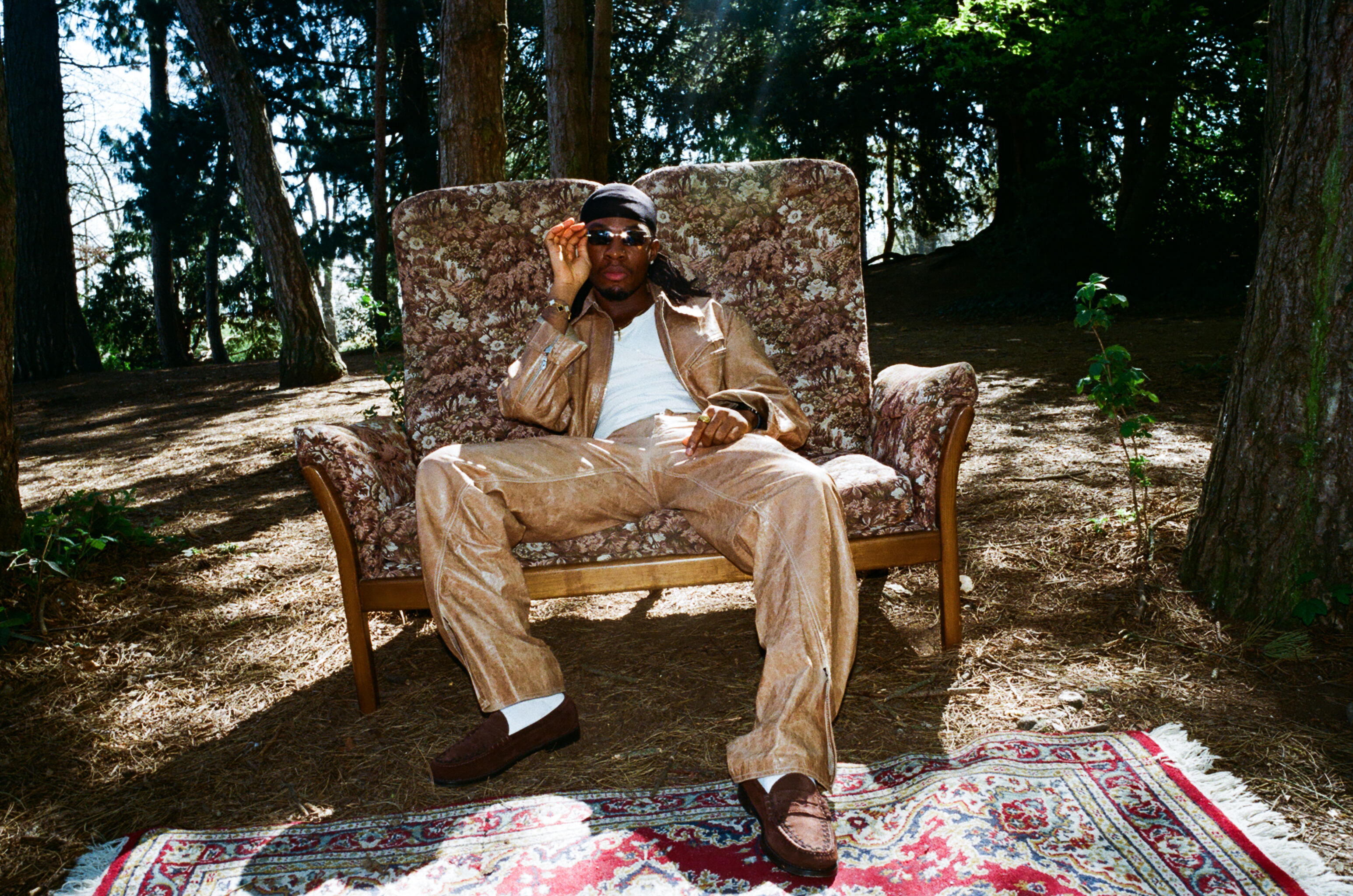5 Underrated Black Indie Films You Need to Watch
From larger-than-life natural disaster thrillers to live-action adaptations of beloved Broadway musicals, the film industry used 2024 as a stage to showcase its storytelling prowess. As we step into 2025, the promise of cinematic innovation remains strong, with new voices determined to redefine and reignite the experience of heading to the cinema and being utterly captivated.
Among these voices are Black indie filmmakers—powerful visionaries shaping cultural narratives with nuance and authenticity often missing from mainstream productions. These cinematic gems, while they may not have dominated the box office or flooded your social media feeds, are absolutely worth your attention. Once watched, they’re bound to leave a lasting impression—potentially earning a coveted spot in your Letterboxd “Four Favorites.”
1. Aujourd’hui (Today)
Life and death often hum the same haunting melody—a truth universally acknowledged but rarely confronted. For Satché, a man in his 30s living in Dakar with a terminal illness, turning away from this reality is no longer an option. As his end draws near, he spends his final day connecting with family, friends, and loved ones.
Shot with a meditative, almost dreamlike pace, Aujourd’hui is a gut-wrenching reflection on the inevitability of death and the choices we make in the time we have left. Challenging viewers to ponder what it truly means to live in the shadow of mortality, this film takes the universal fear of death and demands contemplation, leaving an unforgettable impact.
2. Chocolate Babies
In Stephen Winter’s masterful directorial debut, this satirical, guerrilla-style film follows a group of HIV-positive Black queer activists in New York City as they target conservative politicians responsible for perpetuating government apathy during the HIV/AIDS epidemic.
Messy, hilarious, and unabashedly bold, Chocolate Babies deftly tackles somber themes like identity, religion, sexuality, addiction, and abortion without losing its razor-sharp edge. Much like a shot of espresso, this film delivers the biting, bitter truth of Black queer existence while celebrating the resilience of those who refuse to be silenced.
3. Beasts of the Southern Wild
As the narrative shifts to the magical realism of Beasts of the Southern Wild, viewers are transported to the isolated bayou community of the “Bathtub.” Sun-scorched, poetic, and visually striking, this story comes to life through the eyes of Hushpuppy (played brilliantly by Quvenzhané Wallis), a young girl navigating the dual challenges of a devastating storm and her father’s declining health.
Blending a child’s imaginative perspective with mature thematic undertones, the film explores how creativity becomes a survival mechanism, a source of solace, and a way to grapple with our connection to a larger universe. As Hushpuppy poignantly reflects, we are all “a little piece of a big, big universe”—a sentiment that lingers long after the credits roll.
4. Killer of Sheep
Don’t let the black-and-white cinematography fool you—this film is anything but silent or lifeless. Director Charles Burnett paints a deeply moving portrait of life in 1970s Los Angeles through the eyes of Stan, a weary slaughterhouse worker grappling with the monotony of work and his growing dissatisfaction with life.
Combining slice-of-life storytelling with moments of profound introspection, Killer of Sheep captures the beauty, struggle, and resilience of everyday existence. Through its intimate portrayals of family and community, this slow-burn masterpiece leaves an indelible mark on anyone who watches it.
5. Sweet Sweetback’s Baadasssss Song
Raw, unfiltered, and unapologetically bold, Melvin Van Peebles crafts an avant-garde Blaxploitation anti-movie in Sweet Sweetback’s Baadasssss Song. The story follows Sweetback, a male sex worker who becomes a symbol of resistance when he goes on the run from the police.
With gritty visuals, a subversive plot, and an unapologetic message of self-determination, Van Peebles challenges Hollywood’s sanitized portrayals of Black life. Funded independently with a modest $50,000 loan, he directed, wrote, edited, and scored the film—delivering a groundbreaking piece of cinema that’s as unorthodox as it is empowering.
